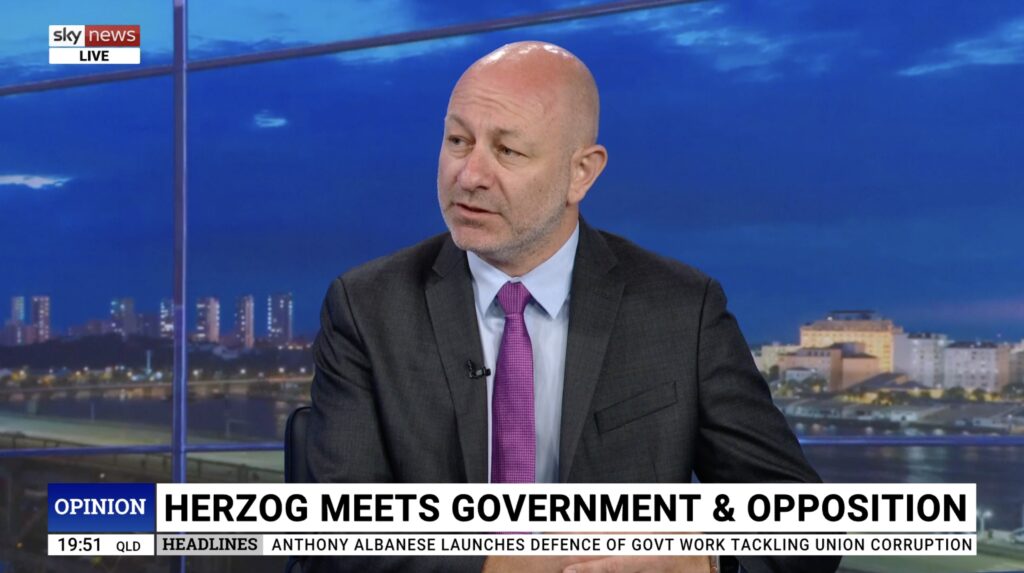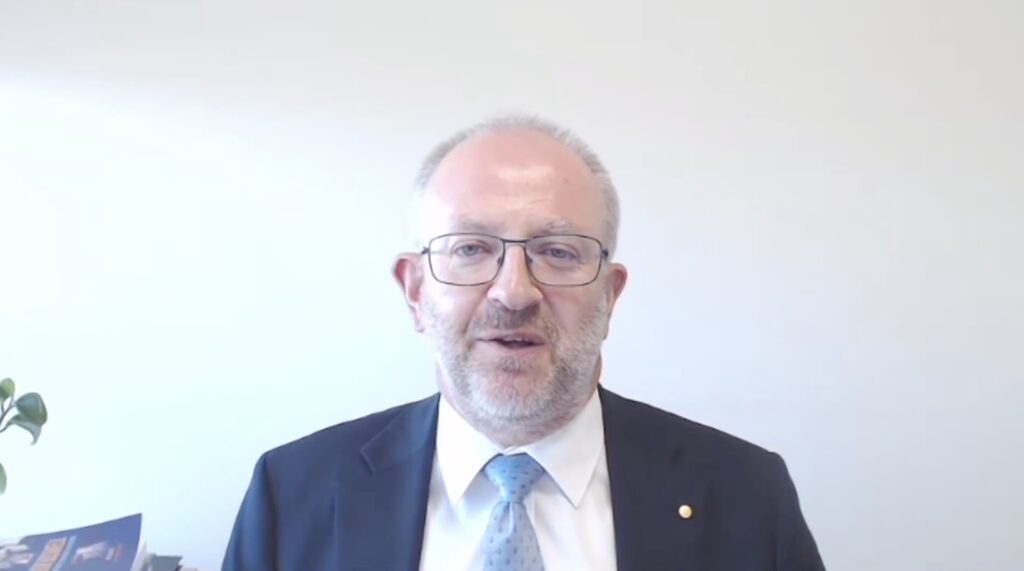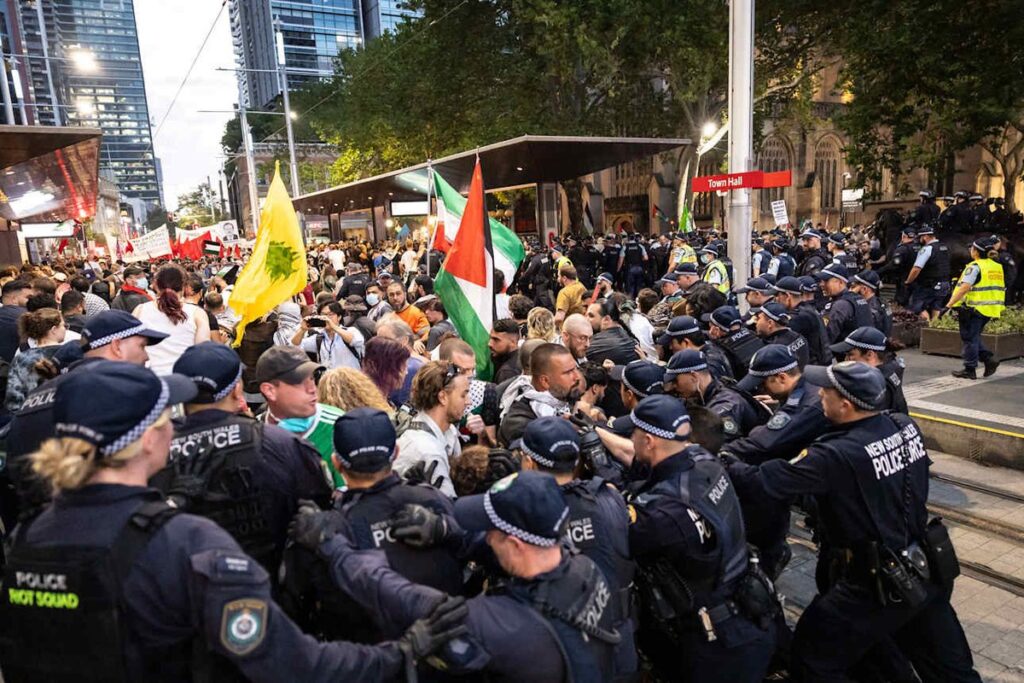UPDATES
Media Week – Behind the Times; The plagues of Egypt
August 30, 2013 | Allon Lee

Behind the times
A news brief in the Sydney Morning Herald and Age (Aug. 22) reporting that a Palestinian man in the Jenin refugee camp was killed by Israeli soldiers who “faced protesters” as they tried to arrest an Islamic Jihad member suspected of planning terrorist attacks lacked context and balance.
No Israeli officials were quoted, but Jenin’s governor was, accusing Israeli troops of “shooting at people and houses, and shooting in cold blood”.
But as noted by a New York Times report on the incident (which included a link to video footage) a whole two days before our own papers, the death occurred as a result of armed Palestinians opening fire from behind covers and rooftops on the Israeli soldiers, who then responded with live fire. This was no mere “protest”.
The plagues of Egypt
ANU Professor Ramesh Thakur (Canberra Times, Aug. 16) accused the West of double standards for not protesting vigorously enough the ouster of Egypt’s democratically elected president, Mohammed Morsi, before adding the non-sequitur that the “Palestinians were collectively punished for daring to elect Hamas to power in Gaza.”
In fact, Hamas won the 2006 parliamentary elections conducted in both the West Bank and Gaza. Hamas’ refusal to recognise Israel, renounce violence and accept past agreements signed by the Palestinian Authority resulted in the West shunning direct contact with Hamas but instead channelling aid via the democratically-elected Palestinian Authority President Mahmoud Abbas from the rival Fatah faction.
The intense rivalry with Fatah saw Hamas launch a bloody coup in May 2007 in Gaza, kicking out Fatah loyalists. But in Thakur’s world, this amounts to Hamas being “elected” in Gaza, and then “collectively punished.”
Reporting on the Egyptian military’s bloody crackdown on the Muslim Brotherhood, Ruth Pollard maintained that the United States “has consistently refused to label the actions to remove Dr Mursi as a coup as that would force it to suspend aid – a move many fear could bring an end to the Camp David accords that govern Egypt’s often tense relationship with its neighbour, Israel.”
This is extremely simplistic. While the potential to undermine the peace treaty may be one aspect to the US reluctance to cut aid, it is most unlikely that the Egyptian military would risk war with Israel by abrogating the treaty regardless of what the US says. The main argument for continuing aid has been the risk of the US losing all influence with Egypt’s rulers and also potentially seeing Cairo pursue Moscow’s patronage, (Age/Sydney Morning Herald, Aug. 16).
Meanwhile, in the Australian (Aug. 16) academic expert Fouad Ajami offered a rare insight into the conspiracy-laden mindset of many of the Egyptians who supported Morsi’s removal from power, writing how they saw the “rise of the Brotherhood was an American plot, they maintained, part of an American scheme to subjugate Egypt and deny it its place among the nations. Political Islam itself was disowned, turned into an American creation. Mohammed Morsi had kept the peace with Israel, brokered an accommodation between Hamas and Israel: This, too, became proof of this malignant American design.”
– Allon Lee
Tags: Egypt





